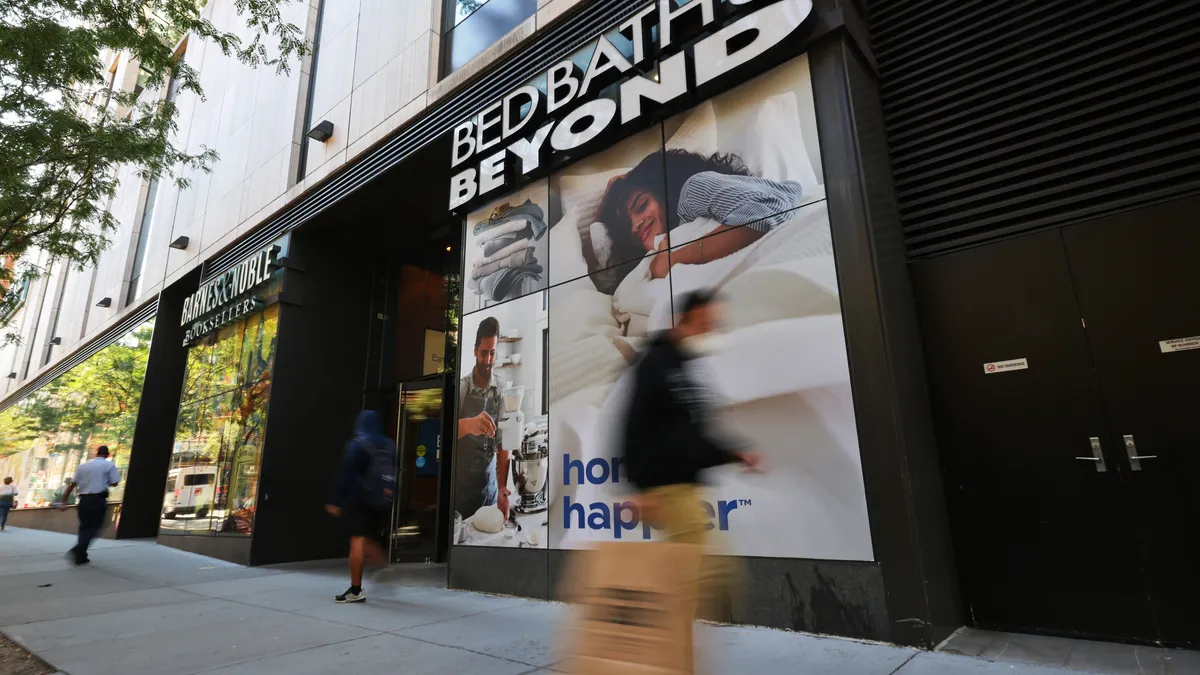Dive Brief:
-
A recent report from Accenture Strategy and Fashion For Good found that circular business models can be financially viable for retailers, but especially for those in the higher priced segments. For the luxury market, operating margins for rental, subscription rental and recommerce are 61%, 30% and 39%, respectively.
-
For the premium segment, all models produce a positive margin, but most notably in recommerce where the operating margin is 28%. The mid-market segment shows positive margins for subscription-rental and resale, however, when it comes to rental, operating margins are -12%, according to the report.
-
The value segment proves unprofitable for a circular business model, per the report. For the segment, operating margin for rental, subscription-rental and resale are -346%, -96% and -156%, respectively.
Dive Insight:
Adopting a circular economy model, at least partially, may become inevitable to satisfy Gen Z, a key demographic for many retailers.
A previous study from OC&C Strategy Consultants found that 15% of Gen Z respondents said they're dedicated to "reducing the amount of waste I create," 14% to "reducing my carbon footprint" and 13% to "reducing use of single-use plastic."
And in the time since it was revealed in 2018 that Burberry burned around $37 million worth of its unsold inventory, many retailers have taken hold of the circular model. In April, both Guess and H&M announced they would be releasing vintage collections, capitalizing on the second-hand trend that's gaining more popularity. Neiman Marcus last month also announced that it would take a minority stake in Fashionphile, an online luxury reseller.
But apparel isn't the only category adopting this model. REI and The North Face, companies that have baked sustainability into their brand marketing, have expanded their rented and refurbished gear offerings. And in the home goods segment, the circular economy is gaining more attention lately. Both Feather and Fernish, DTC furniture subscription services, built their businesses around the circular economy in order to curb the more than 9 million tons of furniture waste produced annually. Bigger names in the sector have come around to the idea, too. Ikea announced last month that it was expanding its furniture leasing option to 30 markets, and West Elm partnered with Rent the Runway, a catalyst in normalizing rented goods.
While the circular economy proves financially viable to most segments in the industry, according to the report, value — where most of fast fashion lies — remains largely unprofitable in adopting the model.














